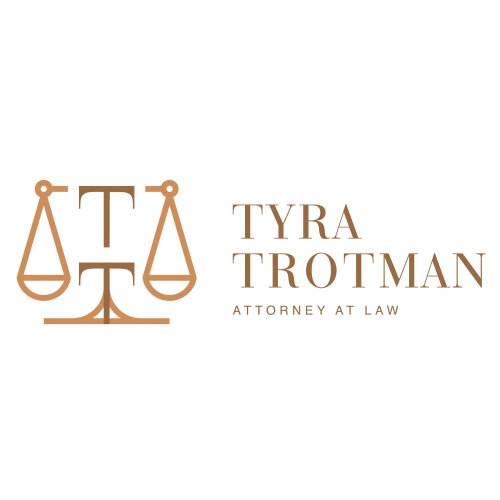Best Divorce & Separation Lawyers in Barbados
Share your needs with us, get contacted by law firms.
Free. Takes 2 min.
Free Guide to Hiring a Family Lawyer
Or refine your search by selecting a city:
List of the best lawyers in Barbados
About Divorce & Separation Law in Barbados:
Divorce and separation laws in Barbados govern the legal process by which couples can end their marriage or partnership. These laws outline the procedures for filing for divorce, determining child custody and support, dividing assets, and settling any disputes that may arise during the separation process.
Why You May Need a Lawyer:
There are several situations where you may need to seek legal help in the field of divorce and separation in Barbados. Some common reasons include:
- Filing for divorce or legal separation
- Determining child custody and support agreements
- Division of assets and property
- Resolving disputes over alimony or spousal support
Local Laws Overview:
Divorce and separation in Barbados are governed by the Family Law Act. Some key aspects of the local laws include:
- Divorce can be granted on the grounds of adultery, cruelty, desertion, or separation
- Child custody and support arrangements are determined based on the best interests of the child
- Both spouses are entitled to an equal share of marital assets unless there are extenuating circumstances
Frequently Asked Questions:
1. Can I file for divorce in Barbados?
Yes, you can file for divorce in Barbados if you or your spouse are residents of the country for at least one year.
2. How long does it take to get a divorce in Barbados?
The timeframe for obtaining a divorce in Barbados can vary depending on the complexity of the case. On average, it can take anywhere from six months to a year.
3. How is child custody determined in Barbados?
Child custody decisions are made based on the best interests of the child. The court will consider factors such as the child's age, relationship with each parent, and living situation.
4. What are the grounds for divorce in Barbados?
Grounds for divorce in Barbados include adultery, cruelty, desertion, or separation for at least two years.
5. How is marital property divided in Barbados?
Marital property is divided equally between spouses unless there are extenuating circumstances that warrant a different division.
6. Do I need a lawyer for divorce in Barbados?
While it is not required to have a lawyer for divorce in Barbados, it is highly recommended to seek legal advice to ensure your rights are protected.
7. Can I get alimony in Barbados?
Alimony or spousal support may be awarded based on factors such as the length of the marriage, financial needs of each spouse, and contributions to the marriage.
8. Can I change child custody arrangements after a divorce?
Child custody arrangements can be modified if there is a significant change in circumstances that warrant a new agreement. This usually requires court approval.
9. Can I get a legal separation in Barbados?
Legal separation is not recognized in Barbados. Couples can only file for divorce to formally end their marriage.
10. How can I enforce a court order for child support or custody?
If a court order for child support or custody is not being followed, you can file a motion for contempt of court to enforce the order.
Additional Resources:
For more information on divorce and separation in Barbados, you can contact the Barbados Bar Association or seek advice from family law attorneys specialized in this field.
Next Steps:
If you are in need of legal assistance for divorce or separation in Barbados, the first step is to consult with a family law attorney who can guide you through the process and protect your rights. Be sure to gather all relevant documents and information before meeting with your lawyer to ensure a smooth and efficient process.
Lawzana helps you find the best lawyers and law firms in Barbados through a curated and pre-screened list of qualified legal professionals. Our platform offers rankings and detailed profiles of attorneys and law firms, allowing you to compare based on practice areas, including Divorce & Separation, experience, and client feedback.
Each profile includes a description of the firm's areas of practice, client reviews, team members and partners, year of establishment, spoken languages, office locations, contact information, social media presence, and any published articles or resources. Most firms on our platform speak English and are experienced in both local and international legal matters.
Get a quote from top-rated law firms in Barbados — quickly, securely, and without unnecessary hassle.
Disclaimer:
The information provided on this page is for general informational purposes only and does not constitute legal advice. While we strive to ensure the accuracy and relevance of the content, legal information may change over time, and interpretations of the law can vary. You should always consult with a qualified legal professional for advice specific to your situation.
We disclaim all liability for actions taken or not taken based on the content of this page. If you believe any information is incorrect or outdated, please contact us, and we will review and update it where appropriate.
Browse divorce & separation law firms by city in Barbados
Refine your search by selecting a city.









